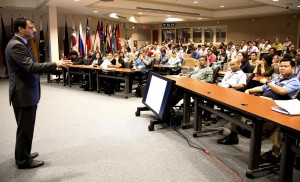
Asad Gillani, an APCSS alumni of ASC 14-2, briefs his successful Fellows Project to ASC 15-1 participants. Gillani used lessons learned at APCSS to improve the Pakistan government’s process by which it posts foreign affairs officers.
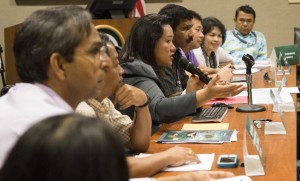
ASC 15-1 Fellow Judith Geronga Dolot, with the Philippines Department of Finance, takes part in an April 30 negotiation exercise.
Honolulu – The art of negotiation is a vital piece in the puzzle that is international cooperation. Without an effective process of give-and-take, solving transnational problems is infinitely more complex, if not impossible.
Professionals from 32 nations sharpened critical negotiating skills as part of the Advanced Security Cooperation Course (ASC 15-1), which concluded today at the Asia-Pacific Center for Security Studies. The five-week course is an executive education program that enables mid-level military and civilian leaders to deepen their understanding of security issues within political, socio-economic, defense and environmental contexts.
ASC’s intent, said course manager Dr. Christopher Snedden, is to “educate, connect and empower” Fellows so they can affect positive change in their nations and beyond. Course participants come from throughout the Asia-Pacific region and other select areas, and serve primarily in military and government capacities.
One hundred twelve ASC 15-1 participants learned through a combination of 23 plenary lectures, 12 electives, group interaction seminars, and assessment exercises. Samoa’s Leroy Enel Hunkin-Mamae praised the course’s balance. “It was awesome…not only was it intriguing intellectually, but by putting in practical exercises, it gave us an opportunity to apply what we learned.” Hunkin-Mamae, with Samoa’s Ministry of Foreign Affairs and Trade, said he and his peers learned to ‘frame’ problems by analyzing them from different perspectives, then explore potential solutions through cooperation.
In an April 30 negotiation exercise, Fellows tested their new-found knowledge while building cooperation among competing stakeholders for action on climate change. Divided into four groups, each with a facilitator and role players representing eight government agencies, Fellows evaluated measures to build climate resiliency in the fictional “Bien Gio Delta.” The scenario described the delta as a densely populated agricultural area vulnerable to flooding and salt intrusion from sea-level rise.
To secure a $500 million assistance package, teams had to present plans on how their nation would employ the funds. They evaluated short- and long-term impacts of five adaptation approaches — such as building a protective infrastructure or resettling the population — and through negotiation, attempted to come to an agreement on a prioritized action proposal. Fellows considered associated risks, how to manage tradeoffs in the process of adapting to change, and how different stakeholders can work together to make difficult decisions.
“I think they took to it really well,” said Snedden. “Three groups actually came up with a resolution…but that ultimately wasn’t the key objective…it was the learning along the way that was important; especially that negotiation isn’t easy.”
Snedden added that cooperation was a central focus of the course. The theme bore out in plenary sessions, such as “Cooperative Resolution of Conflicts in the Asia-Pacific Region,” and a variety of sub-region-specific sessions focused on multilateral cooperation in Oceania, South Asia, Southeast Asia, Northeast Asia and the Americas.
In post-course surveys, one Fellow wrote, “Lectures helped us helped us realize that no matter how educated we are (or) empowered we are in our respective positions, we can achieve our long-term objectives for a prosperous, secured nation only through security cooperation and a positive mindset to help each other.”
Snedden added, “Fellows change in a number of ways here…they gain more of an understanding of who their international peers are; particularly in their seminars, where we’ll have 12 to 14 different nationalities represented, and they can hear different perspectives. Fellows, for example, get some sort of understanding of what India thinks about ‘X’ or Fiji thinks about ‘Y.’ I think the Fellows leave slightly, if not significantly, better informed than when they arrived.”
ASC 15-1 was the 49th iteration of the course since its inception in 1999. Participants hailed from Australia, Bangladesh, Bhutan, Brunei, Cambodia, Canada, Chile, China and Colombia. They also came from Fiji, India, Indonesia, Laos, Malaysia, Maldives, Marshall Islands, Micronesia, Mongolia, Myanmar, Nepal, Pakistan, Palau, and the Philippines. Other Fellows came from Samoa, Singapore, South Korea, Sri Lanka, Thailand, Timor-Leste, the United States, Vanuatu and Vietnam.
ASC is one of six formal courses at APCSS. The Center is a Department of Defense institute that addresses regional and global security issues. Military and civilian representatives, most from the United States and Asia-Pacific nations, participate in a comprehensive program of executive education, professional exchanges and outreach events, both in Hawaii and throughout the Asia-Pacific region.
The Center supports U.S. Pacific Command by developing and sustaining relationships among security practitioners and national security establishments throughout the region. APCSS’ mission is to build capacities and communities of interest by educating, connecting and empowering security practitioners to advance Asia-Pacific security. It is one of the Department of Defense’s five regional security studies centers.
Since opening in 1995, more than 9,300 alumni representing over 122 countries and territories have attended APCSS courses and workshops.
-END-


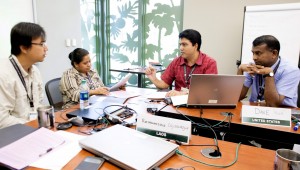
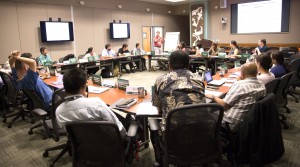
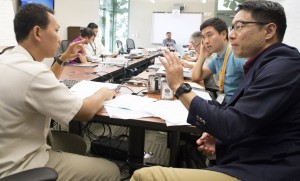
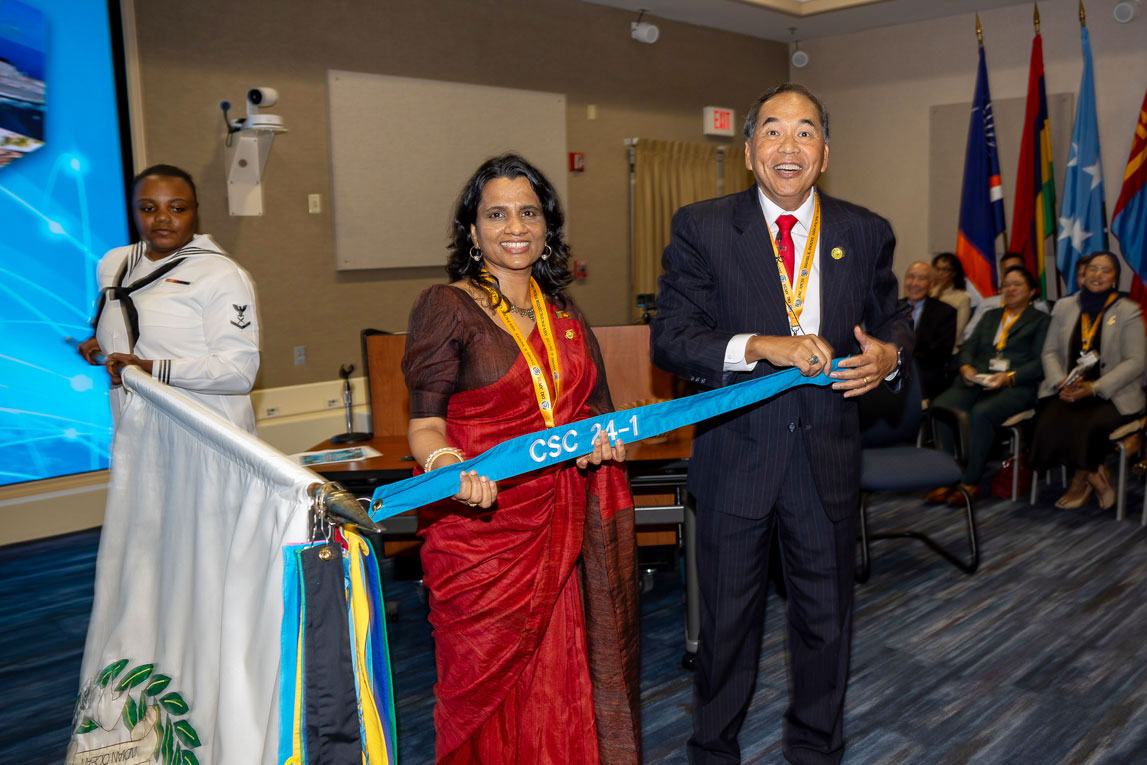
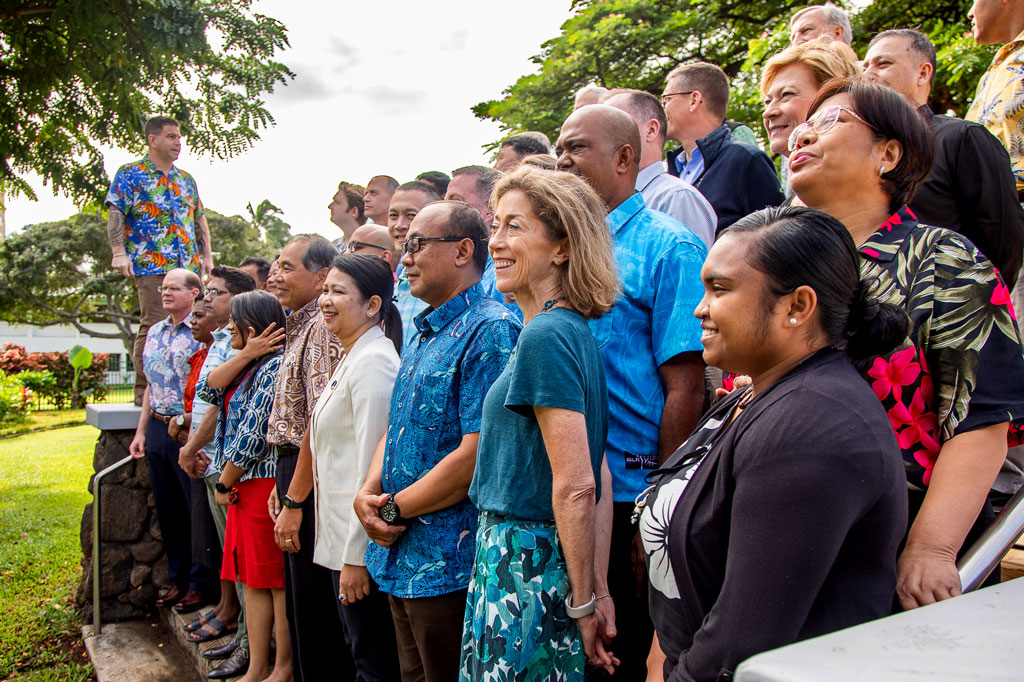
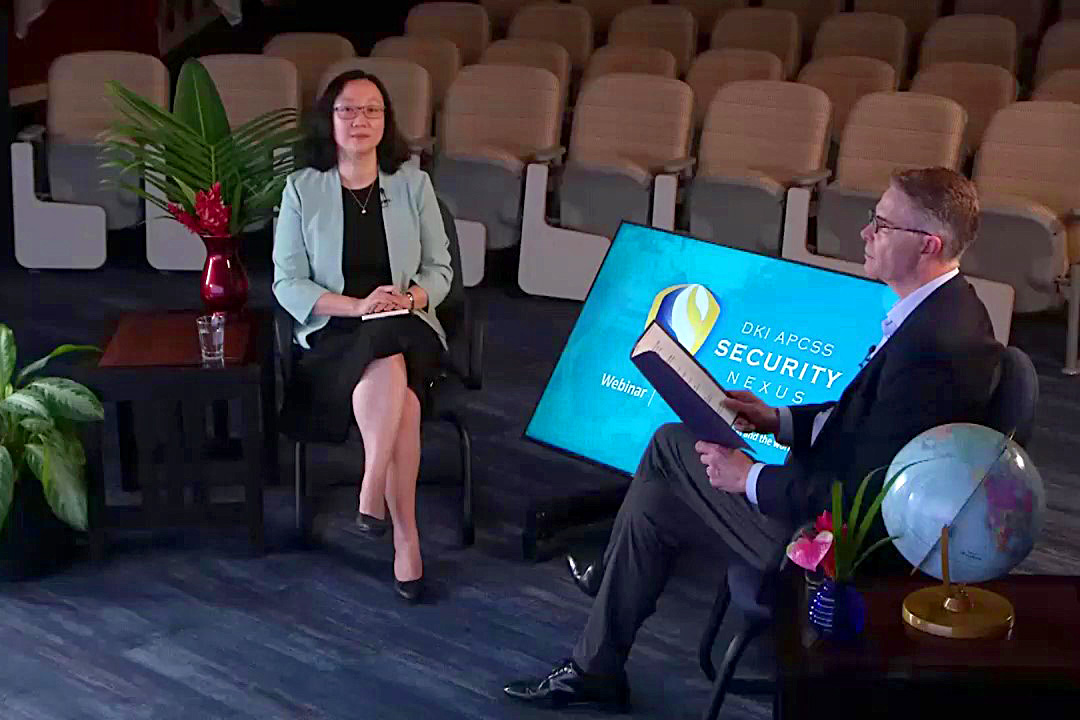




Leave A Comment